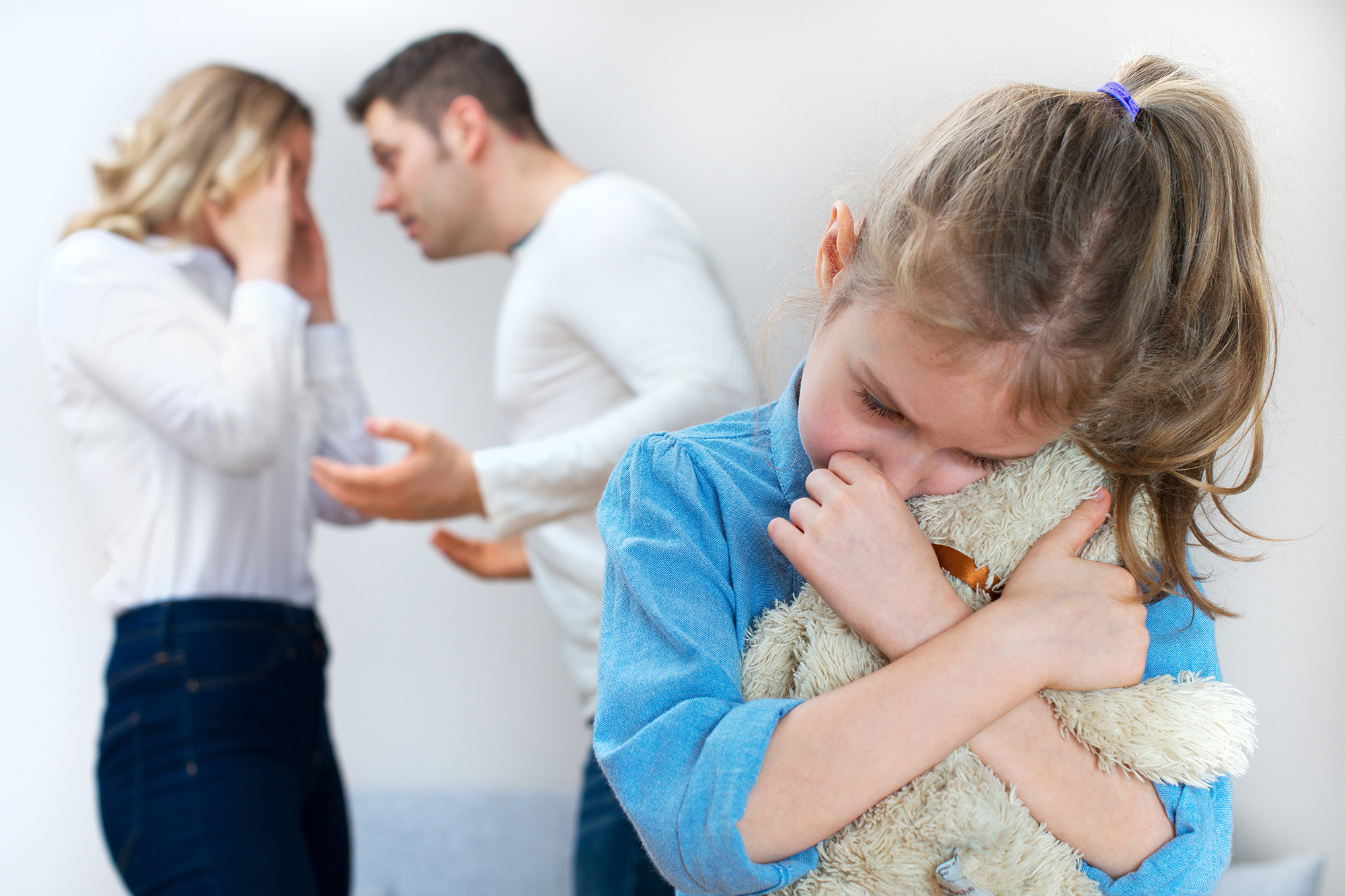This story will be published in Blank Slate Media newspapers in April 2022
Helping Your Child Through Divorce
In this monthly column, therapists from North Shore Child & Family Guidance Center answer your questions on issues related to parenting, mental health and children’s well-being. To submit a question, email communications@northshorechildguidance.org.
Question: After much discussion, including couples therapy, my husband and I have decided to divorce. We both know it’s the right thing to do, but we’re very worried about how our kids (we have two girls and a boy, 5, 8 and 10) are going to handle it. Can you offer some advice on how we can best support them during this difficult time?
— Splitting Up
Dear Splitting Up:
The rise in divorce rates in the pandemic period show that you and your husband are far from alone: In 2021, the COVID-19 crisis triggered a nearly 21% increase in divorce filings compared with the previous year.
Whenever there is a separation or divorce, there is no way around the fact that your children will be impacted in profound ways.
And, while divorce doesn’t have the same stigma it did years ago, it still is a difficult event in a young person’s life.
The dissolution of their parents’ marriage can create enormous stress for youngsters. Divorce can be devastating to the children’s feelings of safety, causing fear of abandonment and fear of losing a parent’s love. The result: Anxiety, depression and low self-esteem are common.
Guilt is often another problem, as many children blame themselves for the divorce, believing that it is somehow their fault and that if they had just been “good,” the separation never would have happened.
In addition, many parents make the mistake of talking negatively about their ex-spouse in front of their children. This upsets them because they see their parents as their caretakers, and they need to feel safe and supported by both of them.
When parents put their kids in the middle of their battles, the children struggle with issues of loyalty. Even if they are very caring parents, they may do things inadvertently that cause distress to their child, such as asking the child to talk with the ex-spouse about a change in weekend plans instead of dealing with the adult directly.
Here are some tips on how to help your children deal with divorce:
- Be supportive, reassuring your kids that both of you will always love them and be there for them.
- Encourage them to speak to you openly about all their feelings, and validate that those feelings are normal and completely acceptable.
- Learn how to co-parent the children so there is no confusion on discipline. Rules about bedtime, homework and the like should remain consistent.
- Never talk negatively about the other parent in front of the children.
- If possible, show a united front by attending events like back-to-school nights, games and other activities together.
- Let their teachers know about your separation so they are on the lookout for any troubling behaviors from your children.
- Foster the relationships your children have with your ex’s family so they don’t feel the loss of those attachments.
- Consider placing your child in a therapeutic group so they don’t feel like they are alone in their experience. Many schools have programs like “Banana Splits” offered by school-based social workers.
- Be sure to get support for yourself through this process through friends, family members and professional therapy, if needed.
Remember, the post-divorce relationship with your ex-spouse is perhaps the most important factor in how well your children handle the matter, so do your best to get along for their sake. Knowing that they are loved no matter what by both of you is the most important message. During the pandemic, North Shore Child & Family Guidance Center is seeing clients both in person and remotely via a telehealth platform. To make an appointment, call (516) 626-1971 or email intake@northshorechildguidance.org.














